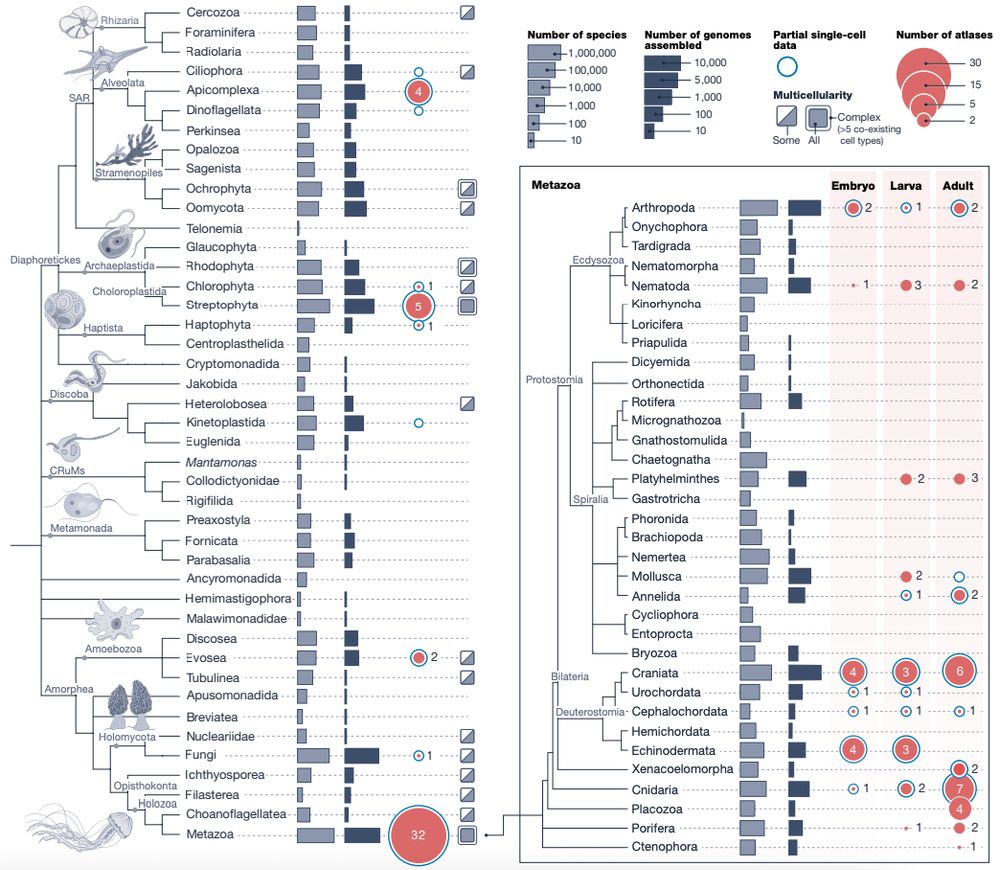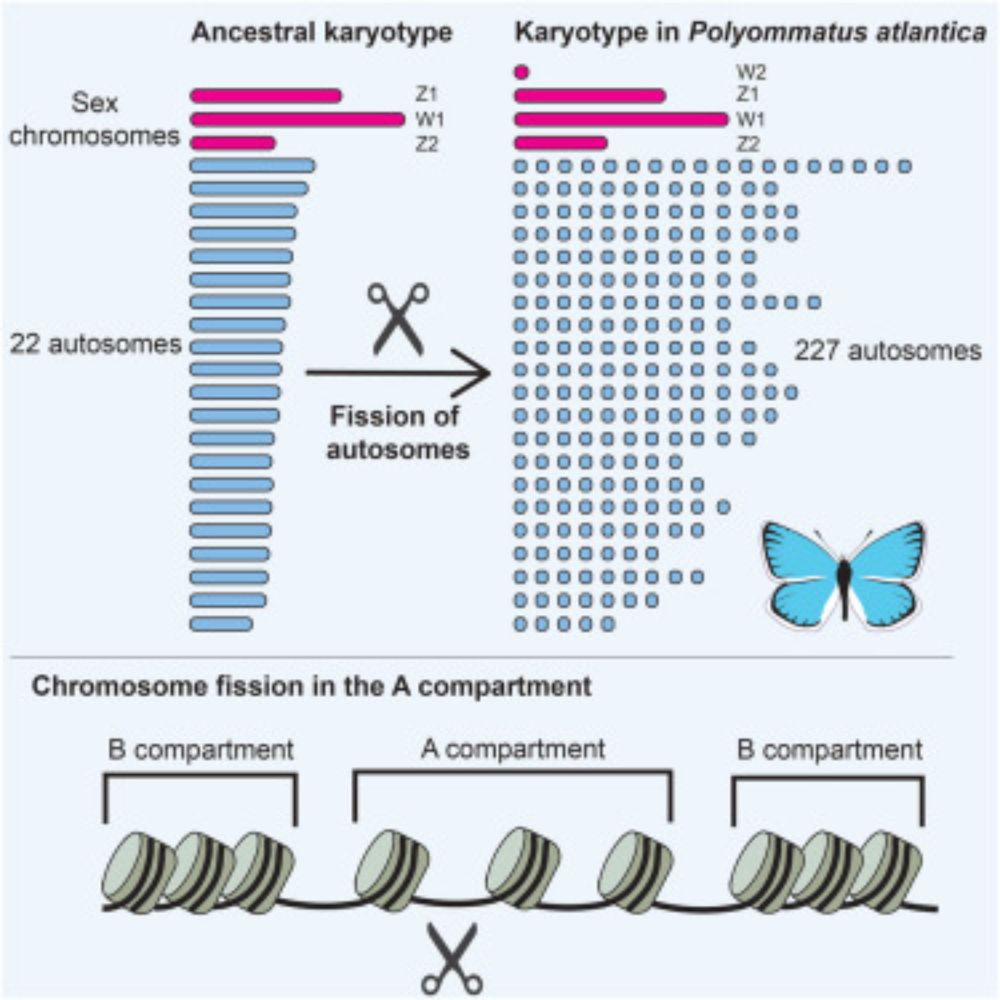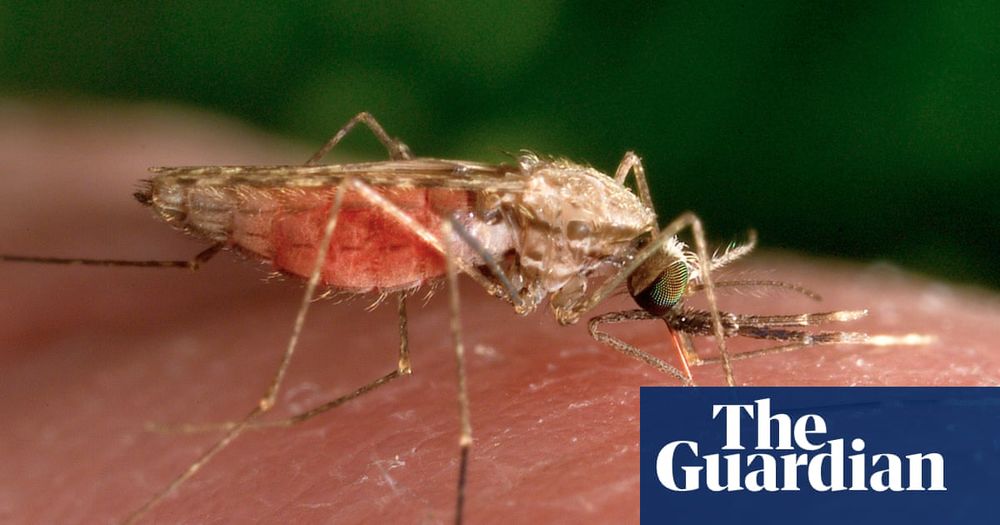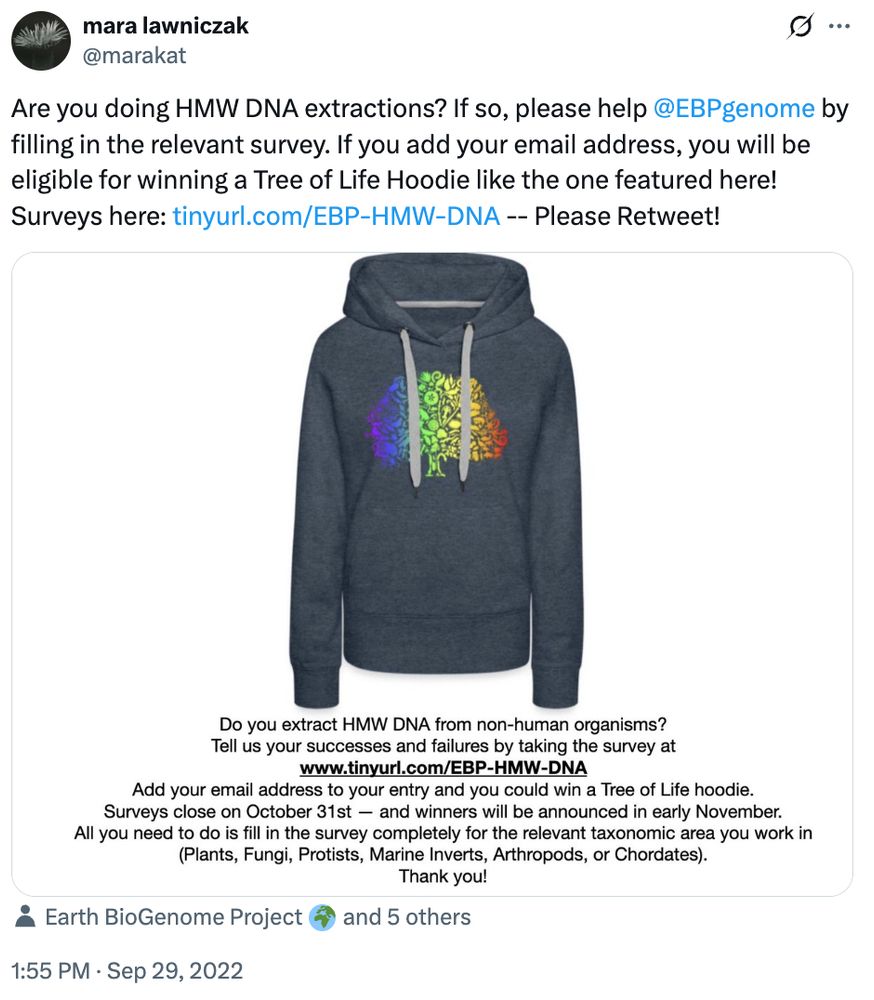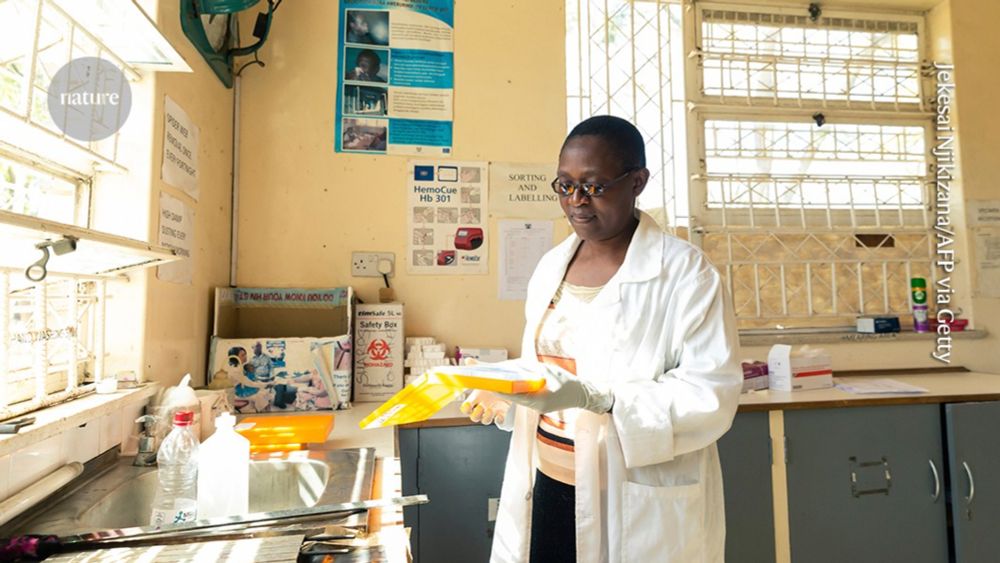mara lawniczak
@marakat.bsky.social
730 followers
350 following
44 posts
senior group leader @sangerinstitute. evolutionary geneticist malaria & biodiversity. lifetime member of darwin's posse. obsessive tidepooler. hearts cephalopods.
our lab leads the Malaria Cell Atlas, UK BIOSCAN, and ANOSPP projects.
Posts
Media
Videos
Starter Packs
Pinned
mara lawniczak
@marakat.bsky.social
· Feb 24

Register your interest in participating in the Global Culicidae Reference Genomes Project
We are seeking mosquito biologists around the world who would be interested in collecting and contributing specimens of any vector species that currently lacks a reference genome.
Aim: We are aiming ...
tinyurl.com
Reposted by mara lawniczak
Reposted by mara lawniczak
Reposted by mara lawniczak
Reposted by mara lawniczak
Erik Garrison
@thinks.lol
· Jul 17
Reposted by mara lawniczak
mara lawniczak
@marakat.bsky.social
· Jul 7
mara lawniczak
@marakat.bsky.social
· Jul 7
mara lawniczak
@marakat.bsky.social
· Jul 7
mara lawniczak
@marakat.bsky.social
· Jul 7
mara lawniczak
@marakat.bsky.social
· Jul 7
mara lawniczak
@marakat.bsky.social
· Jul 7
mara lawniczak
@marakat.bsky.social
· Jul 7
mara lawniczak
@marakat.bsky.social
· Jun 4
mara lawniczak
@marakat.bsky.social
· Jun 4

On the path to reference genomes for all biodiversity: lessons learned and laboratory protocols created in the Sanger Tree of Life core laboratory over the first 2000 species
Since its inception in 2019, the Tree of Life programme at the Wellcome Sanger Institute has released high-quality, chromosomally-resolved reference genome assemblies for over 2000 species. Tree of Li...
www.biorxiv.org
mara lawniczak
@marakat.bsky.social
· Jun 4
mara lawniczak
@marakat.bsky.social
· Jun 4
Supporting research on African priorities :: Cambridge-Africa
Cambridge-Africa is a University programme that supports African researchers and promotes mutually beneficial collaborations and equitable partnerships between Africa and Cambridge
www.cambridge-africa.cam.ac.uk
Reposted by mara lawniczak
Reposted by mara lawniczak
Amjad Khalaf 🇵🇸
@amjadkhalaf.bsky.social
· May 16

Forty New Genomes Shed Light on Sexual Reproduction and the Origin of Tetraploidy in Microsporidia
Microsporidia are single-celled, obligately intracellular parasites with growing public health, agricultural, and economic importance. Despite this, Microsporidia remain relatively enigmatic, with man...
www.biorxiv.org


